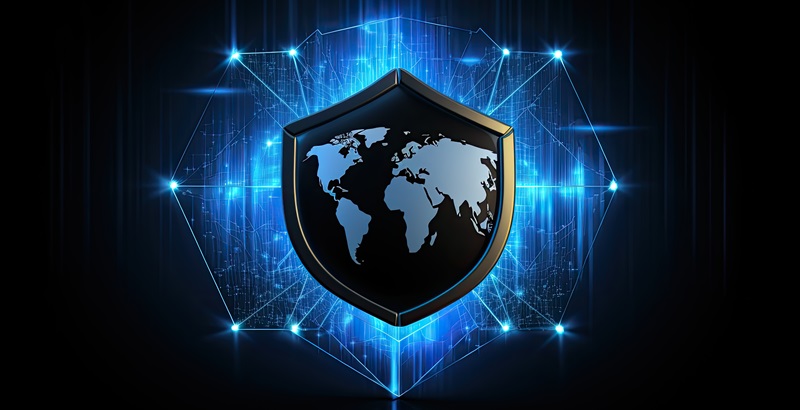The recent discovery of a critical remote code execution vulnerability in GeoServer has sent shockwaves through the cybersecurity community. Designated as CVE-2024-36401, this flaw allows attackers to execute arbitrary code through crafted requests, making it a high-risk threat with a CVSS score of 9.8. GeoServer, known for its role in handling geospatial data, is now at the forefront of a global cyberattack campaign led by sophisticated criminal groups, including the Chinese state-sponsored APT41.
The Discovery of a Critical Vulnerability
CVE-2024-36401: A Lethal Flaw
Fortinet researchers recently identified a dangerous vulnerability in GeoServer. This flaw arises from the insecure evaluation of certain property names as XPath expressions, allowing unauthenticated attackers to infiltrate the system. The widespread use of GeoServer in critical sectors such as technology, government, and telecommunications amplifies the potential impact of this vulnerability. When researchers revealed the underlying issue and highlighted the risk it poses, the severity of this vulnerability quickly became evident. The flaw’s designation, CVE-2024-36401, underscores the seriousness of the threat and highlights the urgent need for comprehensive security measures.
GeoServer’s integral role in managing and disseminating geospatial data adheres to standards set by the Open Geospatial Consortium. However, the presence of this flaw challenges the security framework of a technology that many organizations depend on. The potential for attackers to manipulate and exploit data through such a vulnerability is particularly alarming. By sending specially crafted requests, cybercriminals can execute arbitrary code within the GeoServer environment, thereby gaining unauthorized access and control. This scenario presents a grave risk as it allows adversaries to pivot within the network and target other critical assets. This insecurity necessitates immediate attention from all stakeholders involved in the vital sectors relying on GeoServer.
Rapid Exploitation by Cybercriminals
It didn’t take long for cybercriminals to exploit CVE-2024-36401. Reports indicate multiple attack campaigns targeting a variety of industries worldwide. The speed at which these exploits occurred underscores the urgent need for organizations to prioritize timely patching and vulnerability management to mitigate risks. Fortinet’s findings indicate that upon discovery, attackers wasted no time in crafting attacks designed to take advantage of the vulnerable GeoServer installations. The campaigns observed are notable not only for their immediacy but also for their sophistication and targeted nature. As soon as news of the vulnerability spread, cybercriminals moved swiftly to test and deploy their malicious codes, focusing on unpatched systems.
The exploitation pattern demonstrated a level of coordination and preparedness that highlights the evolving tactics of cyber adversaries. The ability to develop and launch tailored attacks in such a short timeframe showcases a dangerous trend in the cybersecurity landscape. Threat actors have increasingly sophisticated toolsets that allow for rapid adaptation to newly discovered vulnerabilities. This swift exploitation trend illustrates why timely patch management and proactive vulnerability assessments are more critical than ever. Failure to address these issues immediately upon discovery can result in widespread and potentially devastating consequences, as evidenced by the incidents reported in recent weeks.
Global Impact across Industries
Technology, Government, and Telecommunications at Risk
The recent identification of a critical remote code execution vulnerability in GeoServer has significantly alarmed the cybersecurity sector. This flaw, labeled CVE-2024-36401, enables attackers to run arbitrary code via specially crafted requests, posing a grave risk. With a CVSS score of 9.8, this vulnerability is considered highly severe. GeoServer, a pivotal tool for managing geospatial data, has now become a prime target in a widespread cyberattack campaign. This onslaught is led by sophisticated criminal entities, notably including the Chinese state-sponsored group APT41.
Organizations relying on GeoServer must take immediate action to mitigate this threat. The potential for extensive data breaches, operational disruptions, and financial losses makes it imperative to apply patches and bolster security measures urgently. Cybersecurity experts advocate for comprehensive vulnerability assessments and the adoption of advanced intrusion detection systems to safeguard against such exploits.
The broader implications are clear: cyber threats are evolving, and even specialized software like GeoServer is not immune. This incident underscores the necessity for continuous vigilance, timely updates, and robust cybersecurity protocols to protect critical data and systems from increasingly sophisticated cyber adversaries.

